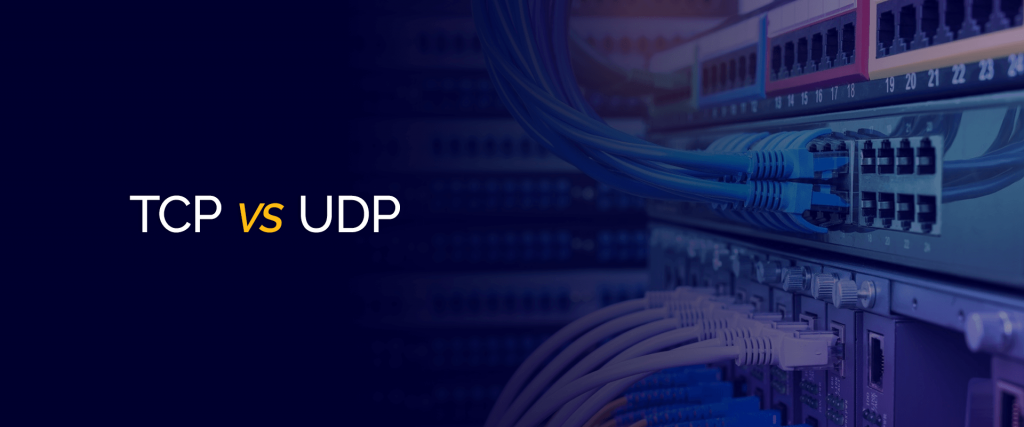

Get 93% OFF on Lifetime
Exclusive Deal
Don’t miss out this deal, it comes with Password Manager FREE of cost.
Get 93% off on FastestVPN and avail PassHulk Password Manager FREE
Get This Deal Now!By Nick Anderson No Comments 4 minutes
Internet communication is based on several standards to guarantee flawless communication between devices. Much like how we have certain modes and rules of communication – often unspoken ones – computers communicate on what are known as protocols.

Protocols are a set of rules that devices over the internet use to communicate. The need for protocols arose due to fact that there are an overwhelming number of devices in the world and they differ in underlying hardware and operating system. If one device was sending information that the other device did not understand or agreed on, the information will end in a pitfall.
That’s where TCP and UDP protocols come in. But before we start to explain the difference between them, let us build an understanding about how communication on the internet works.TCP vs UDP
Ports are gateways for communication, they are destinations that are marked before data packets leave your device. Imagine a harbor where ships are assigned gates to enter and leave, and they know what gates to enter in at the destination. All that is determined before the ship sails out.
Similarly, ports allow certain kind of traffic, so it’s important for devices to know where to send the traffic, and that’s where protocols come in.
For example, Port 80 is for web traffic. Port 443 came later and handles SSL traffic, such as the secured version of HTTP called HTTPS.
TCP (Transmission Control Protocol) and UDP (User Datagram Protocol) are responsible for transporting data packets to the designated address. As such, TCP and UDP correspond to the Transport Model in the OSI model layers.
The way they differ is in their approach to how they deliver the data packets. TCP is known as a connection-oriented protocol. It establishes a connection to the receiver, delivers packets, then waits for acknowledgement before sending the next packet. Because it has to ensure order of the packets, TCP will proceed to resend the packet if an acknowledgement is not received.
UDP, on the other hand, takes a different approach. It does not wait for acknowledgement and sends the next packet immediately. The difference between them should be obvious now: TCP is more reliable and UDP is faster.
You may ask the question that if TCP is more reliable than why would you ever need UDP?
UDP proves to be a benefit in situations where accuracy of packets are not so important. For example, voice and video communication is where UDP works well. It does not matter much if your voice skips half a second or the video skips a frame, but it would certainly matter if text in your email was out of order.
OpenVPN is an open-source protocol that uses both TCP and UDP ports; although UDP is the preferred protocol. FastestVPN features OpenVPN protocol and gives you the option to choose between TCP and UDP protocol. Our dedicated Netflix server works on the UDP protocol for the best experience.
One neat thing about using OpenVPN is that because it can use Port 443 or Port 80 to establish a TCP connection, it cannot be blocked by an administrator’s firewall as doing so would break web traffic.
One to remember is that TCP and UDP are transport protocols while OpenVPN is a tunneling protocol that uses SSL encryption.
It really boils down to what you want to achieve. In most cases, UDP will do just fine. But if you want to, just head into the Settings menu in the FastestVPN app and switch to TCP. But, if VPN is blocked by an administrator then switching to TCP will switch traffic to Port 443, thus allowing you to sneak in VPN traffic as regular web traffic.
© Copyright 2024 Fastest VPN - All Rights Reserved.


Don’t miss out this deal, it comes with Password Manager FREE of cost.
This website uses cookies so that we can provide you with the best user experience possible. Cookie information is stored in your browser and performs functions such as recognising you when you return to our website and helping our team to understand which sections of the website you find most interesting and useful.
Strictly Necessary Cookie should be enabled at all times so that we can save your preferences for cookie settings.
If you disable this cookie, we will not be able to save your preferences. This means that every time you visit this website you will need to enable or disable cookies again.


